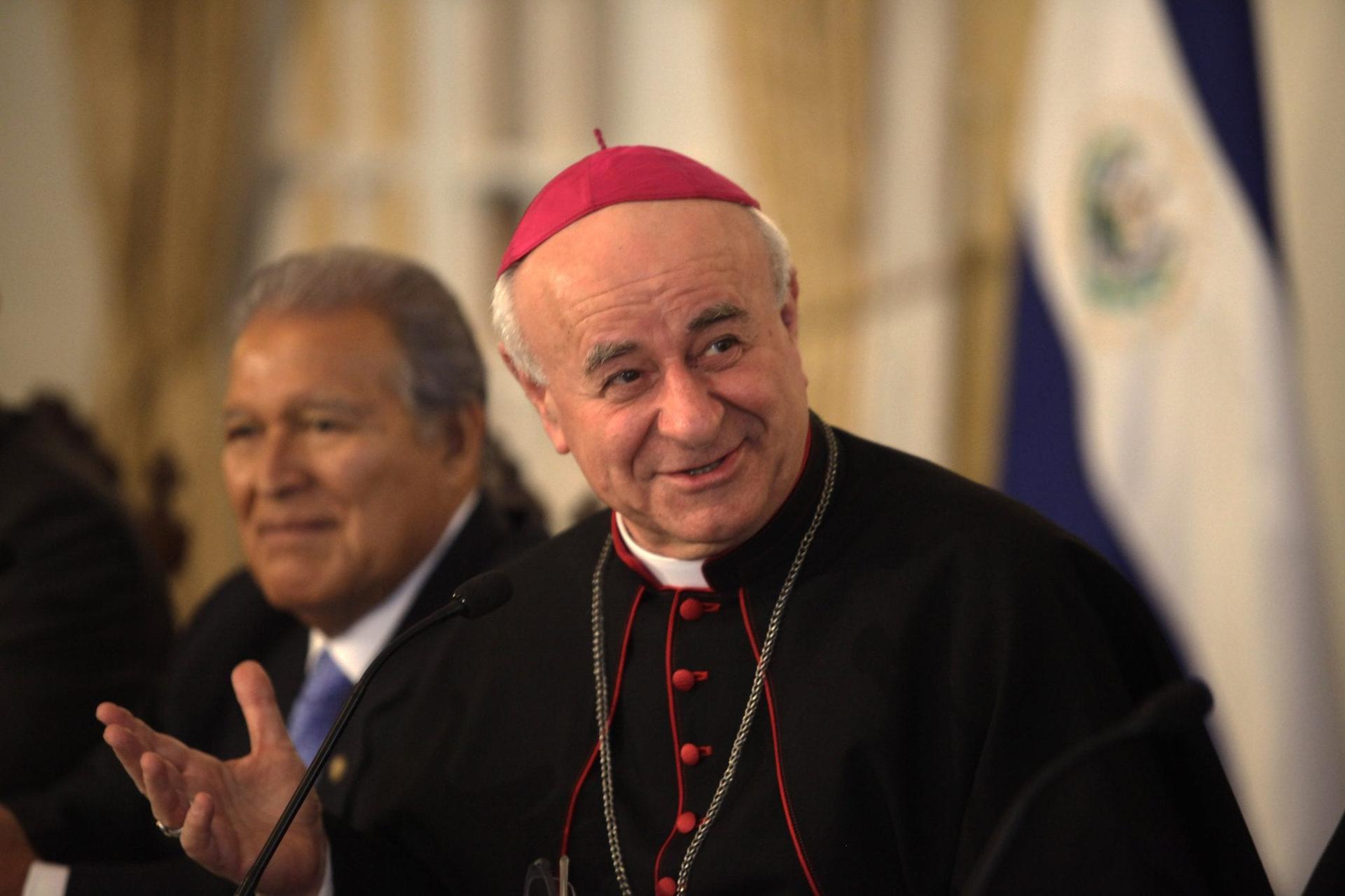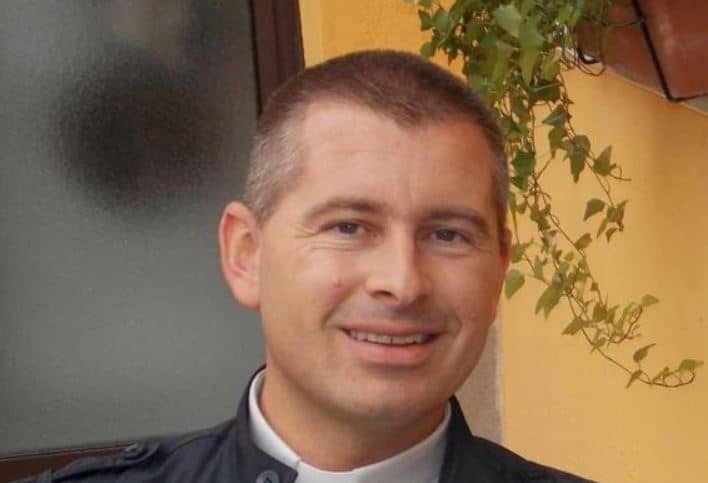ROME – In the latest example of Italy’s ironic sense of laïcité, the country’s Ministry for Health announced Monday that it had formed a new commission for elderly care in light of the coronavirus pandemic, and that the Vatican’s top official on life issues, Archbishop Vincenzo Paglia, had been tapped as its president.
In a Sept. 21 statement, Italian Health Minister Roberto Speranza announced the establishment of the commission, which will be composed of experts in the fields of healthcare and science, saying the COVID-19 pandemic has “brought to light the need for a profound rethinking of health and social care policies for the elderly population.”
Throughout the world, the elderly have been disproportionately susceptible to COVID-19, particularly those living in care facilities and nursing homes, which in many cases served as a breeding ground for the virus, leading to numerous outbreaks.
A primary task of the commission, Speranza said, will be to help institutions investigate elderly care “and propose the necessary hypothesis for reform.”
In addition to Paglia, the commission will be made up of experts in various fields, including medicine, law, social assistance and urban planning.
Italy and the Vatican have always had a semi-blended relationship. The two collaborated throughout the coronavirus outbreak to evaluate the social impact of the virus and discuss how to curb the increasing poverty rate, and they also engaged in numerous back-and-forth negotiations on the how and when of a safe return to liturgical life.
Since the beginning of the pandemic, the Vatican has made a point of prioritizing the elderly, criticizing the choice of hospitals facing shortages of essential equipment such as ventilators to give preference to patients with better perceived odds of survival, which generally disadvantages the elderly.
In late July, the Vatican office for Laity, Family and Life launched a social media campaign urging young people to reach out to elderly people in their neighborhoods who are isolated because of the coronavirus.
RELATED: Vatican launches campaign for lonely elderly amid COVID-19
In one of his Sunday Angelus addresses, Pope Francis asked young people to “perform a gesture of tenderness towards the elderly, especially the loneliest, in their homes and residences, those who have not seen their loved ones for many months.”
The choice of Paglia, who serves as president of the Pontifical Academy for Life and Grand Chancellor of the Pontifical Theological Institute for Marriage and Family Sciences, to lead the new government commission, then, is indicative of the approach the government intends to take when it comes to caring for the elderly.
Speaking to Crux, Paglia said one of his primary goals as president of the new commission is to facilitate ways for the elderly to be cared for at home, rather than in institutions, and to shed light on the final stages of life, ensuring that the elderly are “not destined for solitude or abandonment.”
To do this, he said, means “rethinking the life of a generation of elderly” who, thanks to developments in modern medicine, are living around 20 years longer than in the past.
Much of the commission’s work, Paglia said, will involve “totally changing the whole practice of elderly care, passing from institutionalization to care of the elderly at home. So, home care.”
“This means it involves rethinking the framework of care, it means involving families and administrations so that the elderly can stay in the places where they have lived for the last part of their lives, developing a whole series of healthcare initiatives,” including telemedicine and better nursing system.
Part of their work will also be engaging with care facilities to ensure that the elderly are not “cut off” and prone to “that condition of solitude which facilitates the worsening of their illness.”
Cities will also need to be rethought, Paglia said, noting that many elderly people in Italy live in top-floor apartments accessible only by elevator. In some cases, they have to climb a small staircase to reach the elevator, increasing their risk of falling or having an accident.
He also suggested longer wait times at stoplights in countries such as Italy and Japan, which have a high elderly population, and redesigning housing plans to make them more easily manageable for elderly or disabled people.
Pointing to the increasing trend toward euthanasia for the elderly in Europe, Paglia said the commission will offer a different perspective on the elderly, viewing them as valuable members of society, rather than a burden.
Part of their work will also imply a “rethinking of accompaniment for the end of life for the elderly,” he said, adding, “We must avoid thinking of this with the perspective of hospitalization and internment.”
Available care options shouldn’t be a “punishment” for the elderly, Paglia said, but should rather provide opportunities for them “live out the rest of their lives where they have always lived,” in the comfort and security of their home.
Follow Elise Ann Allen on Twitter: @eliseannallen















